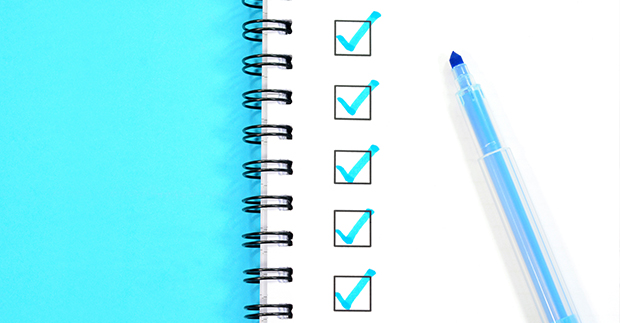For many small business owners, the end of each financial quarter signals added stress and a hefty tax bill. Fortunately, there are plenty of simple and legitimate ways to reduce your small business tax bill while meeting all your tax obligations.
Below is a list of what you can start doing today as well as what you can begin to plan for before the end of fiscal year.*
1. Claim asset depreciation.
If your gross annual turnover is under $10 million, you’re eligible to claim an instant asset write-off on any assets up to the value of $20,000. This means that you can invest in an asset of up to $20,000 until 30 June and then claim back the full amount on your tax return. If you do this, your taxable income will be reduced by the cost of the asset.
2. Make concessional superannuation contributions.
Concessional super contributions are taxed at a rate of 15%, which is likely to be lower than your income tax rate and you can claim a deduction on contributions. The general concessional super contributions cap is $25,000 for all individuals regardless of age. That’s why it’s a good idea to make feasible contributions up to that limit before 30 June, if you’re able to.
3. Keep a business vehicle logbook.
You should try to keep a logbook of your business vehicle use for at least 12 weeks during the year, allowing you to accurately claim back vehicle expenses at tax time. Legitimate business use of a vehicle is tax deductible, so you should also keep all receipts and invoices related to vehicle expenses, such as petrol and maintenance.
RELATED: 10 things you didn’t know you could claim on tax.
4. Defer income and bring forward expenses.
You can cut down on your tax bill by deferring taxable income to the next financial year. For example, if you delay invoicing until 1 July, the invoice amount won’t count towards your taxable income for the previous financial year.
5. Claim deductions for expenses not paid by EOFY.
You can still claim deductions for some expenses, even if they haven’t yet been paid by the end of the financial year. These expenses include:
- Staff salary and wages: claim the number of days that employees have worked up to 30 June but have not been paid until the new financial year.
- Staff bonuses: claim a tax deduction for staff bonuses and commissions that are owed and unpaid on 30 June if you are committed to paying the expense.
- Repairs and maintenance: claim repairs carried out and billed by 30 June but not paid until next year.
6. Write off bad debts.
You can claim a tax deduction on bad debts if you can show that the debt has been written off by 30 June, and if the debt was originally shown as income. Put your decision in writing (such as in meeting minutes), which you can use as evidence that the debt was written off before EOFY.
RELATED: 6 tips to maximise your small business tax return.
7. Claim a small business tax offset.
If you operate as a sole trader, you could be eligible to claim a small business tax offset on your tax return, which can reduce the amount of tax you pay by up to $1000 a year. When you lodge your tax return, the ATO will calculate your offset based on the information you provide.
The tips above can help you cut down on your tax bill. However, it’s always a good idea to seek professional advice from a tax specialist or accountant to make sure you’re operating as tax efficiently as possible and meeting all obligations.
If you’re unsure about whether any of the above tips are applicable to you and your business, double-check with a professional first, or seek out further information from the Australian Tax Office.
*We endeavour to provide accurate material for Australian businesses consistent with Australian tax laws; however, this material is for reference only and is not designed to be, nor should it be regarded as professional advice.

